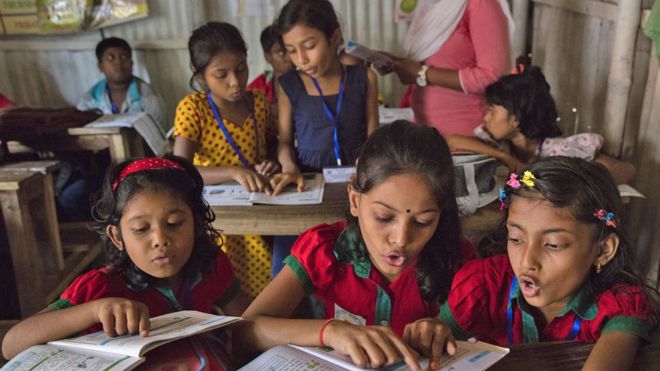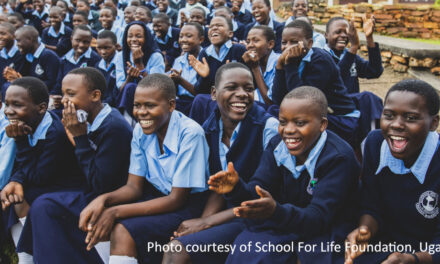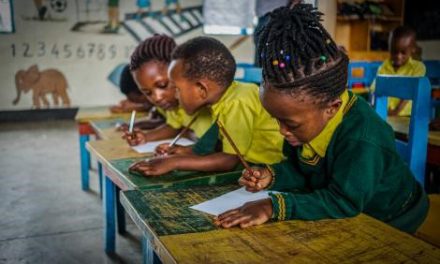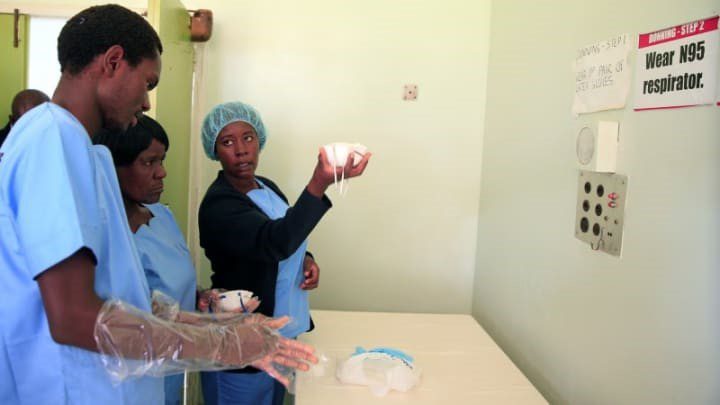Summary of UKFIET discussion on World Development Report and Global Education Monitoring (GEM) Report
This blog was written by Dr Caine Rolleston, UCL Institute of Education, who moderated the event.
On 24th January 2018, UKFIET held a public event in London on the topic of responsibility for the ‘global learning crisis’, with presenters from the World Bank (Deon Filmer) and the UNESCO Global Education Monitoring Report (GEM Report) team (William C Smith) framing the discussion. This drew on their recent global education reports on the issue:
- The World Development Report 2018: ‘Learning to Realize Education’s Promise
- The GEM Report 2017/2018: ‘Accountability in Education: Meeting our Commitments’
While there was much agreement on the urgency of the crisis as well as the importance of joint responsibility among stakeholders across the sector, debate surrounded the relative importance of accountability, resources and assessment – both in explaining and potentially solving the ‘crisis’.
Both the WDR and GEM Report are clear that improvements in education quality are central to alleviating the learning crisis and that incremental change will be not be enough. In Brazil, for example the WDR shows that at the current rate of progress, it would take 75 years for the maths skills of 15-year-olds to reach the average level of their counterparts in rich countries. Systemic, not simply incremental change is urgently needed.
Although it is clear from comparative studies that education systems in countries with, in principle, similar resources can deliver very different outcomes in terms of learning (for example Rolleston and James 2015 on Vietnam and India), it is somewhat less clear how weak performing systems may be reformed or transformed in the direction of learning gains. The issue is complex not least because it requires research which cuts across both micro and macro levels of analysis, the latter requiring attention to the often highly contextual issues in the political economy of education.
These questions form the central agenda of RISE, which was represented on the panel by researchers Lant Pritchett, Pauline Rose and Padmini Iyer. They were joined Sara Ruto, David Archer and Joseph Nhan-O’Reilly from the NGO and CSO sectors. The event was chaired by Keith Lewin, UKFIET Chair of Trustees. Debates centred around several controversial questions, including
- How much of the learning crisis can be attributed to resource shortages?
- While adequate resources are a necessary condition for educational quality, what are the systemic conditions needed to deliver learning gains through improvements in resourcing?
- What balance of assessments is needed to guide education quality improvement; what is the role of large scale standardised versus locally-driven formative testing?
- If decades of donor-driven priorities have not delivered adequate learning gains (and perhaps have misaligned systems?), what are the lessons for both national governments and donors for future reforms?
- Given the increasing role of non-state providers, are new mechanisms of accountability needed to ensure quality?
Videos of Panel questions and full list of speaker biographies can be found here.





